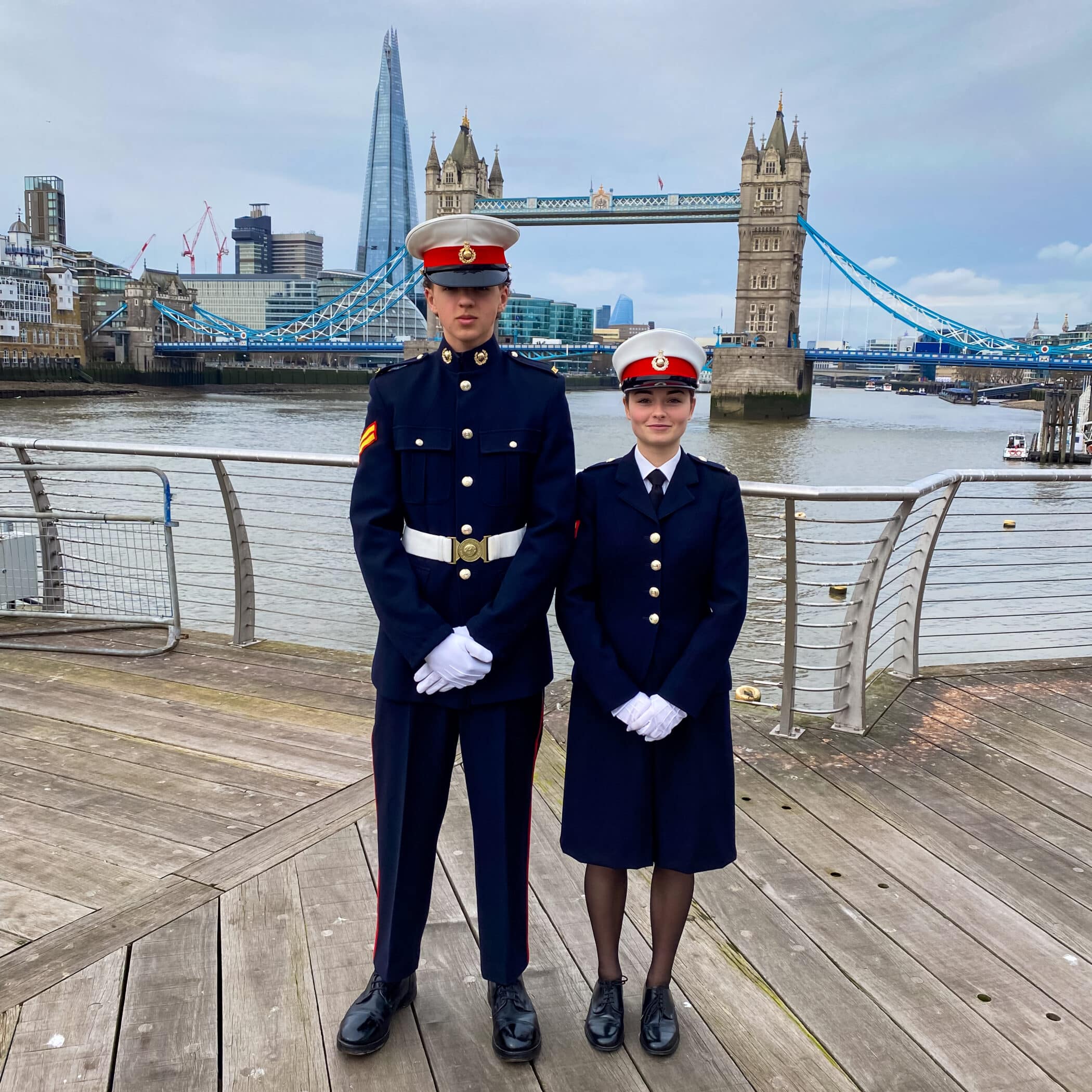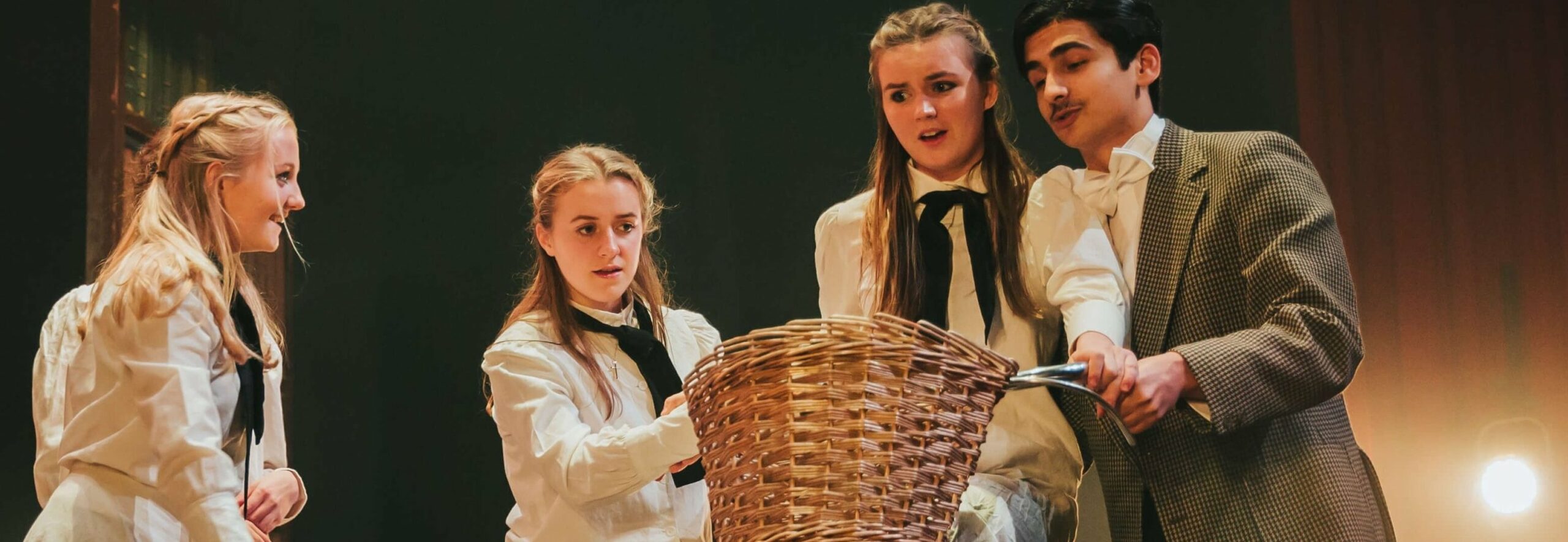
Imagine a world where a young woman works just as hard (and quite possibly harder) as her male contemporaries, does ground-breaking research, achieves excellent results – but then is denied any reward for her efforts. Welcome to Girton College, Cambridge, 1896, and the play Blue Stockings, brilliantly brought to life in the G.W. Annenberg Performing Arts Centre under the direction of Mrs Katie Hamilton. Dr Henry Maudsley, chillingly played by Oscar Fuentes, set the tone as the play opened when he delivered these words to a group of undergraduates: “Mental taxation in a woman can lead to atrophy, mania, or worse – leave her incapacitated as a mother; this is not an opinion. It is a fact of nature”.
Fortunately, the redoubtable Elizabeth Welsh, Head of Girton, commandingly depicted by Supraja Pulya, was made of sterner stuff, and as the play unfolds she leads her group of young blue stockings (the pejorative description coined to describe young female academics) not only to believe in the seriousness of their intellects, but also to understand that they had an opportunity to change the course of academic history. Jemima Abate, Ruby Winter, Izzie Melville and Issie Thorneycroft gave spirited performances as young women who simply would not be denied, despite the odds that were stacked against them. Fighting against the battalions of ignorance and wanton prejudice their example shone out: just as they would not be stripped of their intellect, nor would they be of their femininity, and these were brilliant roles played with consummate range and sensitivity.
And what prejudice they had to fight against: Ramarni Wilfred, Oscar Heal and Cameron Gordon were excellent as arrogantly entitled young men, complacently secure in their world of privilege, while Jamie Seed brought romance and humour to the table as Ralph Mayhew. This was a thought-provoking piece of drama, and a fitting conclusion to the year: in January Wellington celebrated the centenary of women winning the right to vote with an original production called The Vote, so it was entirely appropriate to end with their fight for academic freedom. The play will live long in the memory, and it was good to see our young actors celebrating the freedoms that had been so painstakingly fought for over 100 years ago. It was, in every way, a fabulous way to inaugurate the G.W. Annenberg as a centre for serious and hard-hitting drama.
Tim Head









